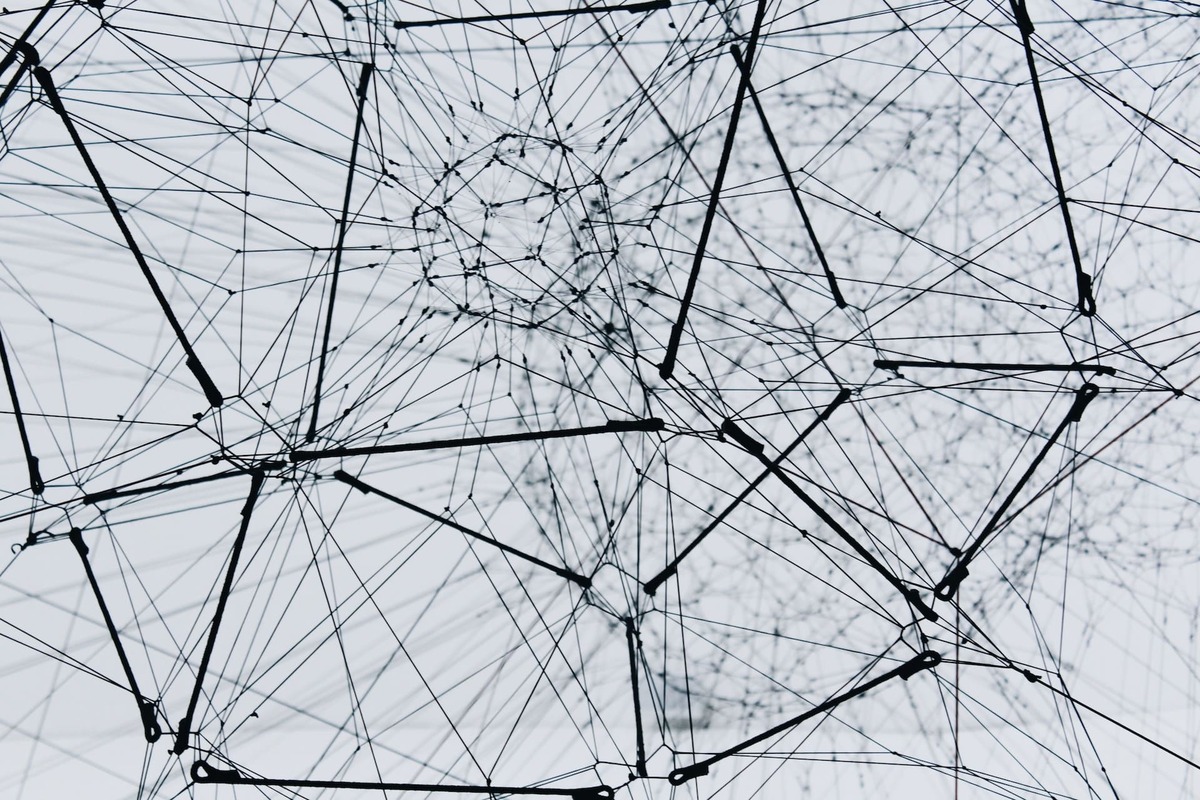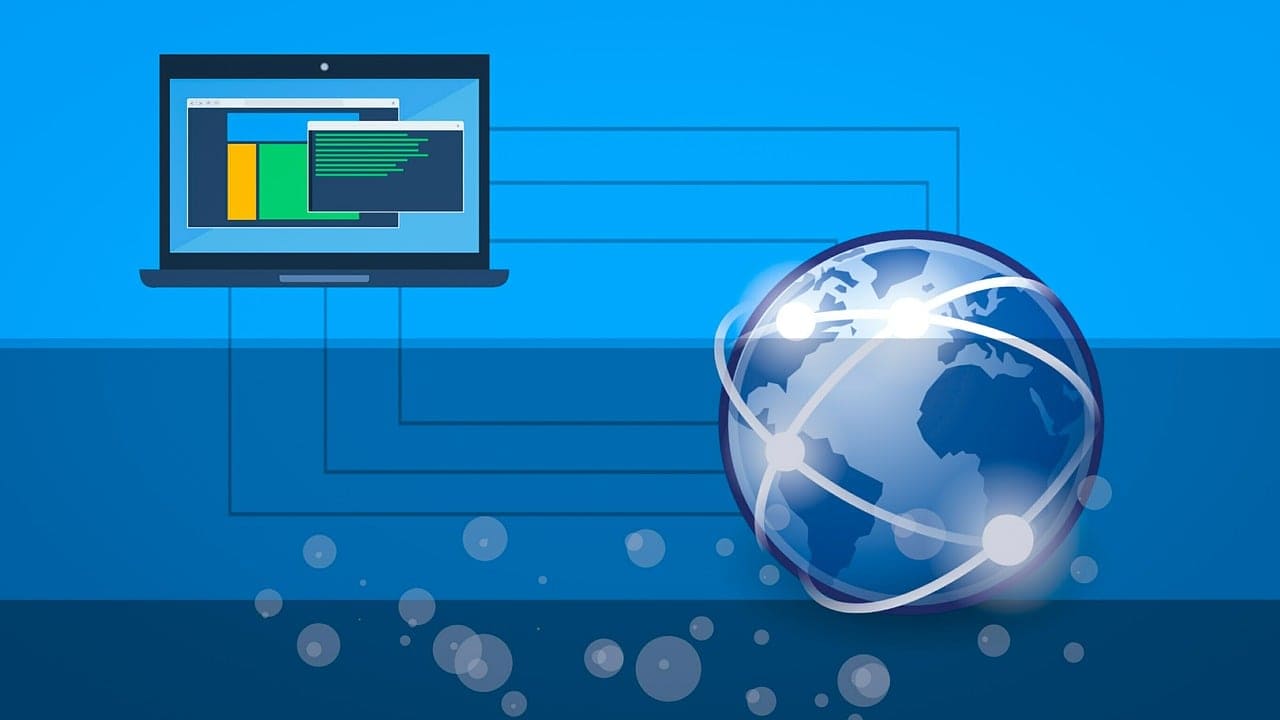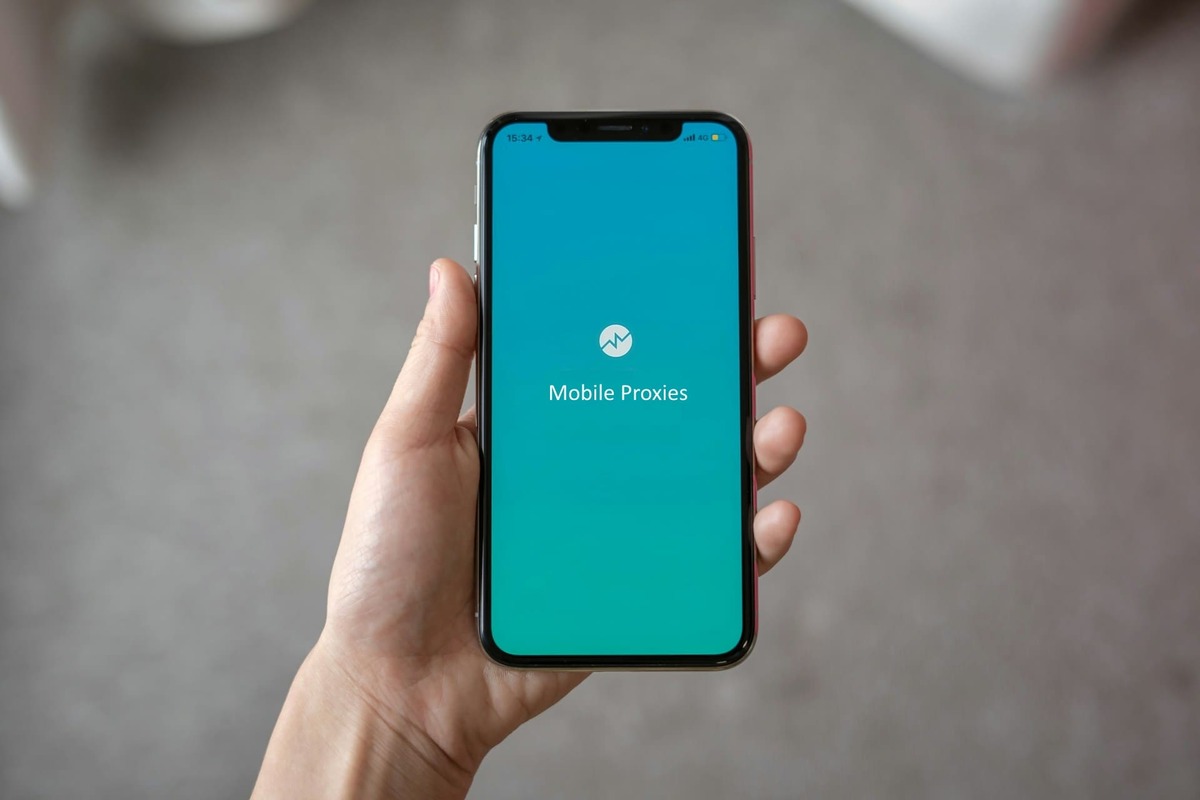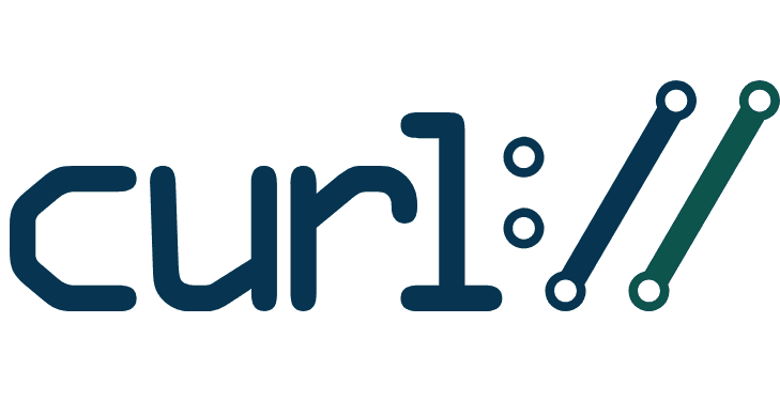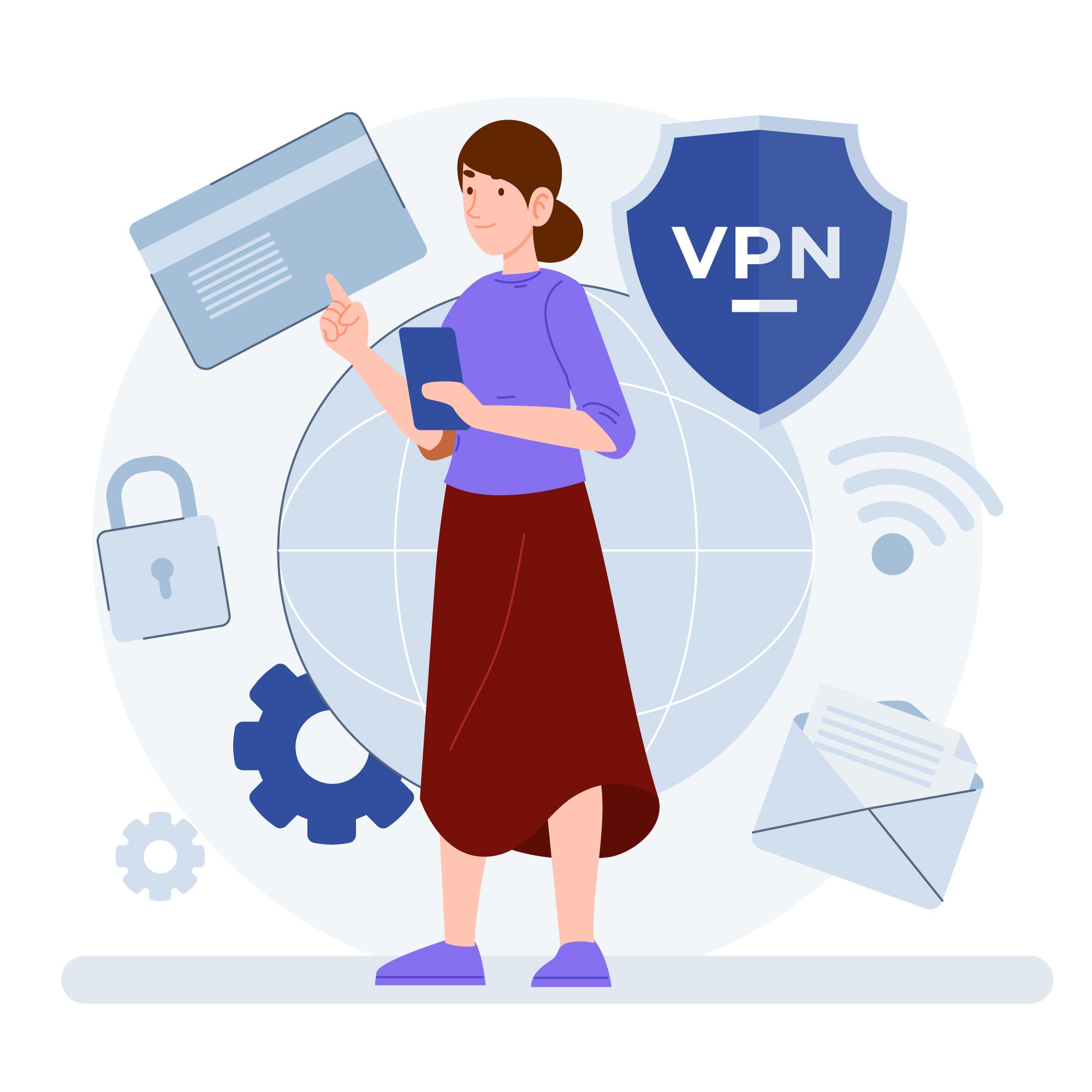
Anonymity when surfing the Internet is important to many people. And this is possible if you use a VPN server, which will hide the IP address of the user’s device and it will be almost impossible to track his actions on the network. In addition, VPN allows you to access sites that have been blocked in the country where the user is located. But not everyone knows what threatens for using a VPN.
In this material, we will consider what is a VPN server, proxy server, how reliable they are and whether you can use a VPN in some countries.
What are VPNs and proxy servers?
VPN servers are a virtual network, thanks to which it is possible to ensure security and anonymity on the Internet without fear of sharing data. Through a VPN for PC, the IP address is hidden, the user’s personal data is encrypted and it is impossible to detect his electronic footprint on the network. in addition, users can visit platforms that have been blocked by the country in which he is located.
Proxy servers are intermediaries between the user’s electronic device and the Internet. When using a proxy, the user’s traffic passes through a proxy server that changes the IP address of the device, hiding your real location from the platforms the user has visited. But not all proxies will do this.
When is it bad to use VPNs and proxies?
Of course, using a VPN or proxy for phone (PC, tablet) gives its advantages to both users and various government services for their purposes. Often, the user wants to ensure anonymity, in no way related to criminal actions. But there are cases when the use of a VPN will be considered a violation of the law and will have to bear responsibility for the use of VPN, namely:
anything to do with drugs: advertising, sales;
money laundering;
using someone else’s copyright;
the spread of malware.
For all these actions there will be fines or criminalization for VPN based on local laws. Therefore, because of such cases, VPN is considered an illegal tool in many countries around the world.
Where it is forbidden to use VPNs and proxies: country-by-country overview
The only option for users to get access to blocked sites is a VPN. But not everyone knows if it is forbidden to use VPN in some countries or if this service has restrictions.
-
- Russia – VPN is banned, but there are several VPN services that continue to operate in Russia. Users are not prosecuted for its use, but a lawsuit is filed in court against the VPN service.
- China – VPN is banned, but it can legally exist only on the basis of a license obtained from the state, which is unrealistic to obtain, given the conditions imposed on it.
- Belarus – VPN is banned and Internet providers need to check the list of banned platforms. New ones appear instead of the blocked ones, but their popularity is lower.
- Kazakhstan – VPN is allowed by the state, but there are certain rules that can cause problems when using VPN.
- Turkey – free VPN services, many social networks and messengers are blocked.
- Germany – VPN is allowed, but there are rules that can lead to proceedings: it all depends on the purpose of its use.
- Ukraine – VPN is allowed, but it will matter for what purpose it was used.
Thus, there are countries where there will be a fine for using VPN or criminal liability. But despite this VPN continues to be used, given its capabilities.
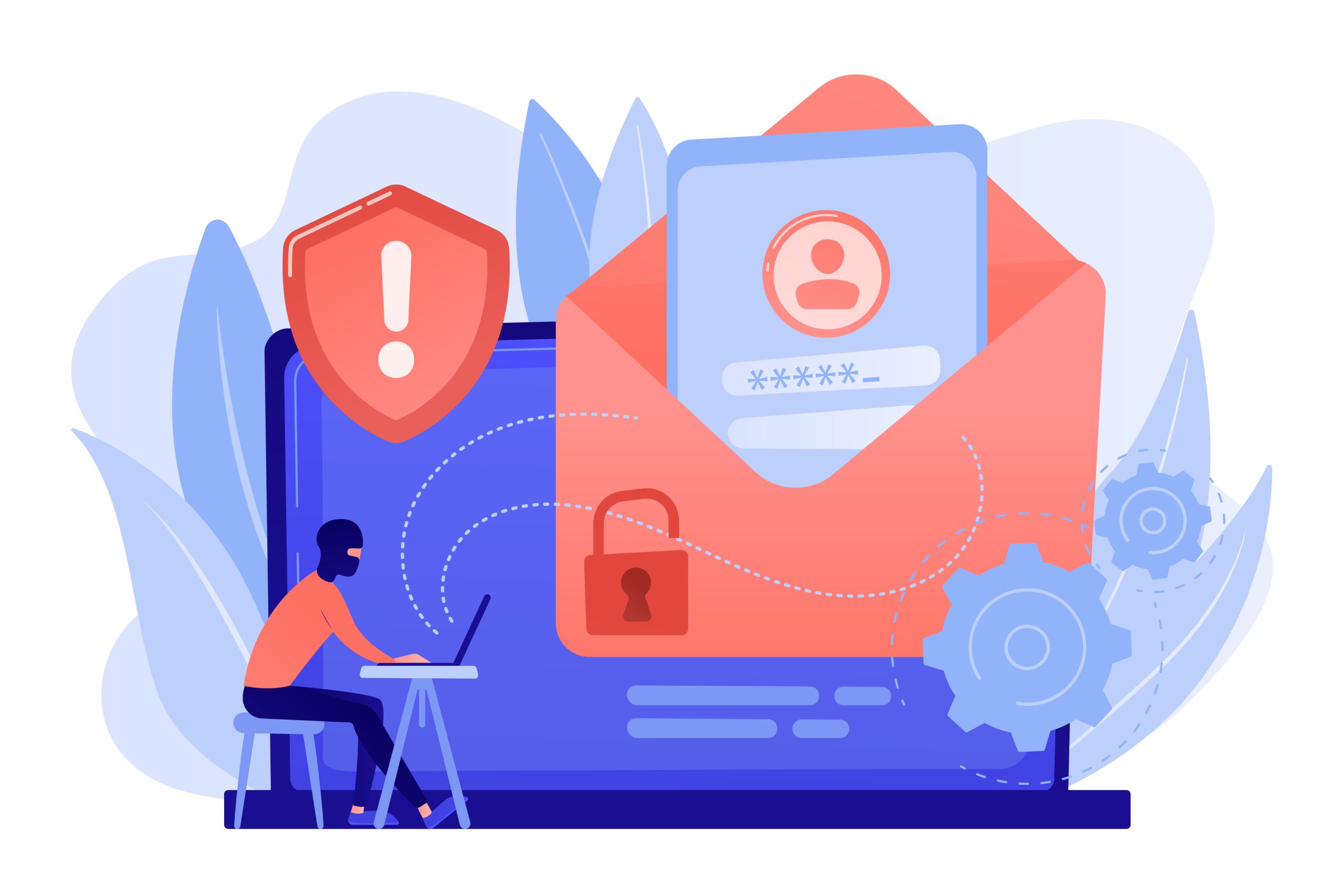
Liability for using VPNs and proxies
Using VPNs may carry some liability for VPNs in states where they are prohibited by law. Therefore, it may result in fines or criminal penalties. The amount of the fine and criminal penalties will depend on the specific country. But in order for you not to get into trouble with the law, it is better to use services that comply with the laws of this state. Otherwise, you will have to bear responsibility for proxies and VPNs.
Is it possible to track VPN usage?
Many people wonder whether the use of a VPN can be traced. Of course, thanks to VPN it is possible to hide the IP address of your device, but if government services or attackers have a specific need to detect the device or user, it would be inappropriate to say that it is impossible to detect an electronic trail at all. Below we will tell you what are the ways of tracking.
Tracking technologies and methods
Due to VPN there is no way to know the IP address of the user, or rather the device from which he goes online. But still there are methods that allow to identify VPN traffic:
Recognize the IP address of the VPN server. There are databases that allow you to detect VPNs. By means of these databases you can find out which provider this address belongs to. And by the IP-address of the user, the site is able to recognize that a person who has enabled the VPN has visited it. But the site will not be able to know the identity of the user, but only that he used the VPN.
By port number. Many VPN protocols use specific port numbers to provide the connection. Therefore, by port number it is possible to determine the type of VPN connection used by the user.
Deep packet inspection – checks the structure of all passing information packets. This check is used to block spam and viruses. But it is also used to detect VPN connections. For example, Chinese security services use this method to block VPN traffic.
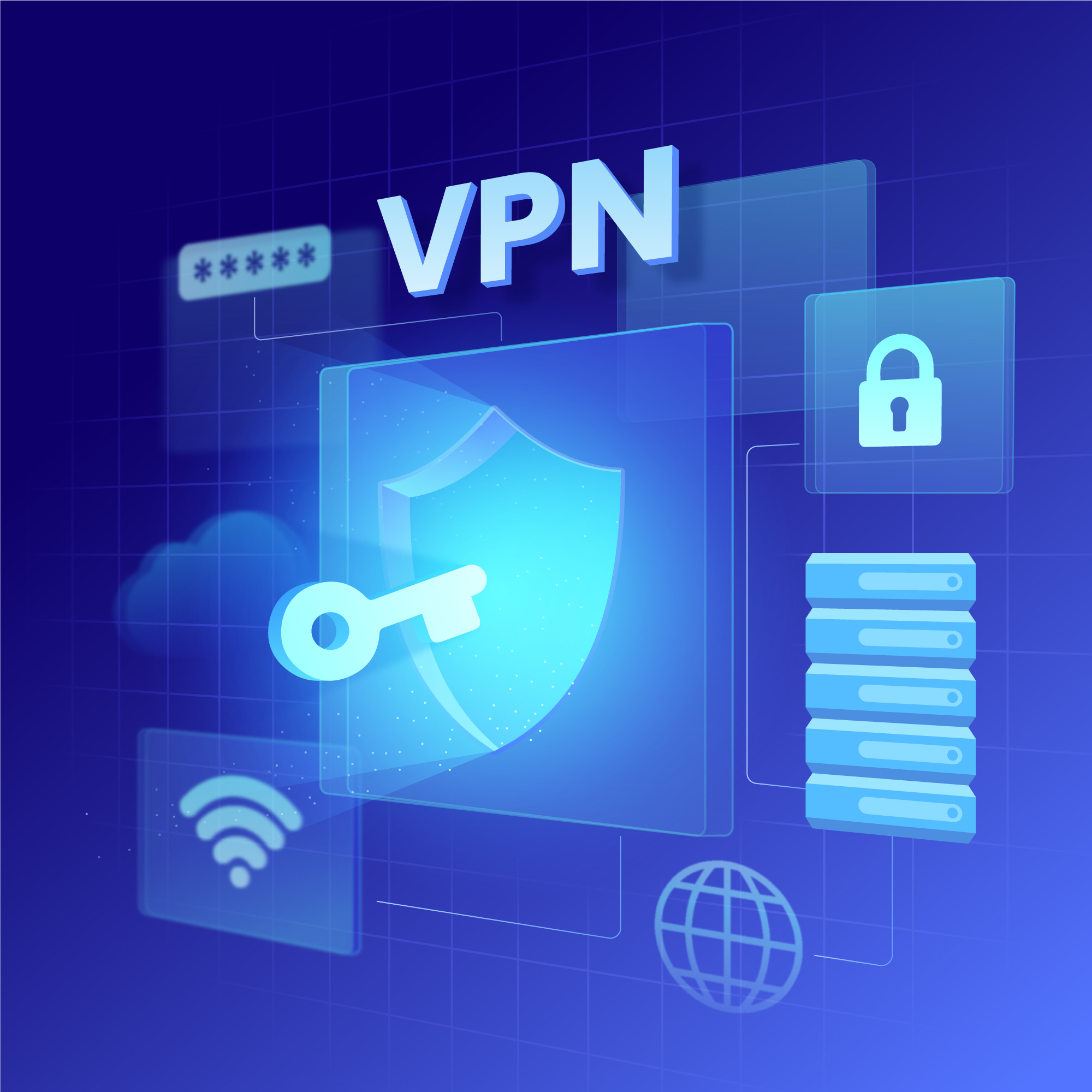
How to protect your anonymity
Many users are concerned about whether it is possible to use VPNs, but it is quite problematic to do so in a way that guarantees online privacy. But it is still possible to minimize the degree of detection of your electronic footprint:
- It is important to be careful when you post information about yourself online. It can be used by criminals in ways that are not in your favor.
- There are times when it is better to opt out of Google and use private search engines.
- There are browsers that are focused on providing anonymity.
- Use reliable VPN servers.
But you should know that no VPN server can give 100% guarantee of complete anonymity. Especially if the case will be taken up by state structures, which have almost unlimited possibilities and innovative technologies, and then a fine for VPN or a criminal case is assured. Therefore, it is better to be careful, even if you use a VPN.

